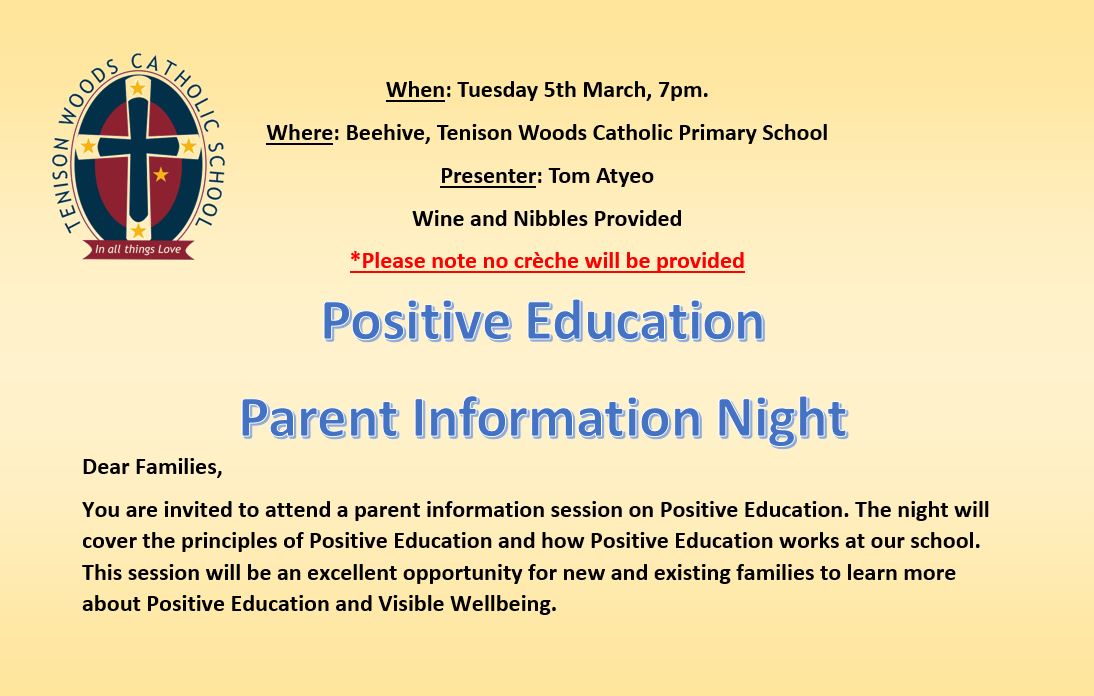
Character Strengths
Character Strengths are natural capacities or ways of thinking, feeling and behaving that come easily to a person and that are morally valued. According to a strengths approach, each individual has unique qualities that can be used to enhance wellbeing, overcome challenges, and nurture relationships. Students who use their strengths have been found to demonstrate strong academic performance supporting their importance for student accomplishment.
What are Character Strengths?
Character strengths can be defined as a ubiquitously recognised subset of personality traits that are morally valued and they are ways of thinking, feeling, and behaving that come naturally and easily to a person and that enable high functioning and performance.
While strengths are similar to talents, there are important differences. A strength is valued for moral and intrinsic reasons whereas talents are valued for their tangible outcomes. Taking a sportsperson for example, hand-eye coordination and natural ability may be considered talents, whereas the persistence to practice and determination to improve may be considered strengths.
Values In Action (VIA) Character Strengths
One of the most well researched conceptualization of the Character Strengths is the Values In Action framework. The research has lead to the following list as the most prevalent Character Strengths. This list of 24 Character Strengths is grouped under 6 different virtues.
Wisdom and Knowledge:
Creativity, Curiosity, Judgment, Love of Learning, Perspective, Courage, Bravery, Perseverance, Honesty, Zest
Humanity:
Love, Kindness, Social Intelligence
Justice:
Teamwork, Fairness, Leadership
Temperance:
Forgiveness, Humility, Prudence, Self-Regulation
Transcendence:
Appreciation of Beauty and Excellence, Gratitude, Hope, Humour, Spirituality
Character Strengths in Schools:
A benefit of using a strengths framework such as VIA is that it gives members of the school community shared language for recognising aspects of people that are valued and worthy of recognition. While talents or aptitude in subjects or sports may be frequently acknowledged, the explicit recognition of strengths such as humility, kindness, or zest may be less common.
A strengths approach is particular powerful when working with students who have a history of behavioural, learning, or emotional challenges and who may not be used to hearing about the things that they do well.
Positve Education Parent Information Night.
You are invited to attend a parent information session on Positive Education. The night will cover the principles of Positive Education and how Positive Education works at our school. This session will be an excellent opportunity for new and existing families to learn more about Positive Education and Visible Wellbeing.
For catering purposes please rsvp at info@twcs.catholic.edu.au by Friday 1st March.
Tom Atyeo
Visible Wellbeing Coordinator